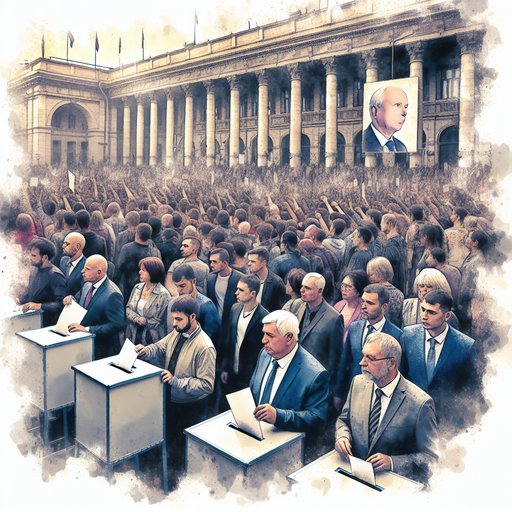
On July 22, 2025, international security alliances scrambled to address a dramatic escalation in drone technology and production capabilities supporting Russia’s war in Ukraine. Recent intelligence revealed Moscow could soon be capable of launching up to 2,000 Iranian-designed Shahed drones in a single night, marking a significant technological edge that threatens to overwhelm traditional defense systems. In response, NATO member states—especially Germany—are pivoting towards more cost-effective countermeasures to support Ukraine’s defense, underscoring a new era of rapid adaptation and alliance coordination amidst evolving threats on the European continent [1].

Global diplomacy witnessed notable movements on July 22, 2025, as states responded to ongoing sanctions regimes and negotiated new avenues for dialogue. With tensions fluctuating on the Korean peninsula and discussions of renewed sanctions elsewhere, world powers demonstrated both resolve and adaptability. In particular, South Korea's recent deliberation over allowing individual tours to North Korea signals a pragmatic yet optimistic shift in strategy, while broader conversations around sanctions—from Tehran to Moscow—underscore the complex and evolving interplay between diplomacy and economic pressure.

In the ever-evolving landscape of Spanish politics, Catalan separatists have emerged as pivotal players in the current governmental framework. Recent developments have seen these groups tightening their grip on Prime Minister Pedro Sánchez's coalition, a move that underscores the complexities of regional independence movements in Spain. This shift comes amid a backdrop of corruption scandals and political maneuvering, which have placed the separatists in a position of considerable influence within the national government [4].

In a significant stride towards tackling climate change, Malaysia's proposed National Climate Change Bill is set to introduce incentives for companies that successfully reduce their carbon emissions. This legislative move reflects a growing trend among nations to implement economic measures that encourage corporate responsibility in environmental stewardship. As countries worldwide grapple with the complex challenges of climate change, Malaysia's initiative could serve as a model for integrating economic and environmental policies.

In a significant development for Turkish politics, Istanbul Mayor Ekrem Imamoglu has been sentenced to a new jail term, intensifying the political climate in the country. This decision comes at a critical time as Turkey approaches upcoming elections, with Imamoglu being a prominent opposition figure and potential presidential candidate. The ruling has sparked widespread reactions both domestically and internationally, raising questions about the future of Turkey's political landscape.

In a rapidly shifting economic landscape, French Finance Minister Eric Lombard expressed optimism that France's 2026 budget plan will gain approval from lawmakers. This confidence comes at a time when EU-US trade relations face potential turbulence due to proposed tariffs by former President Trump. As negotiations continue, European leaders are working to mitigate the impact of these tariffs, aiming to secure a stable economic future.

This week, Indianapolis witnessed a significant protest as IndyGo's proposal to increase bus fares by 57% faced strong opposition from riders with disabilities and low incomes. The planned fare hike, set for a vote in August, has become a flashpoint for discussions on accessibility and affordability in public transportation, highlighting the challenges faced by vulnerable communities in the city.

In a decisive move to address France's mounting national debt, Prime Minister François Bayrou unveiled a comprehensive budget plan on July 15, 2025. The ambitious proposal aims to slash €43.8 billion from the national budget, with the goal of reducing the public deficit to 4.6% of GDP. While the plan has been lauded for its potential to stabilize the country's finances, it has also sparked concerns about its impact on local economies and public services.

In a significant development, Nvidia has received approval to resume sales of its H20 AI cards to China, marking a notable shift in US trade policy. This move follows successful negotiations led by Nvidia CEO Jensen Huang in Washington, reflecting a potential thaw in US-China tech trade relations. The decision has already impacted Nvidia's stock positively, suggesting market optimism about the renewed access to the lucrative Chinese market.

In recent days, the United Kingdom's approach to integrating artificial intelligence (AI) into education has ignited a significant policy debate, highlighting the ideological rift between left-wing and right-wing perspectives. The discussion centers on balancing the potential benefits of AI in enhancing learning experiences against concerns over its impact on critical thinking and data privacy.
























